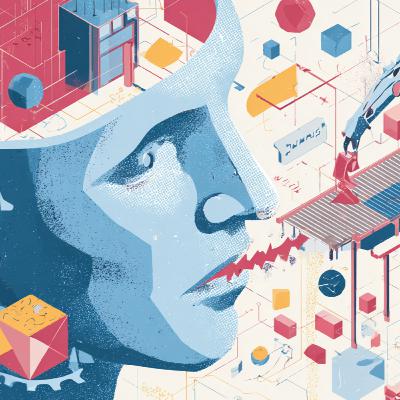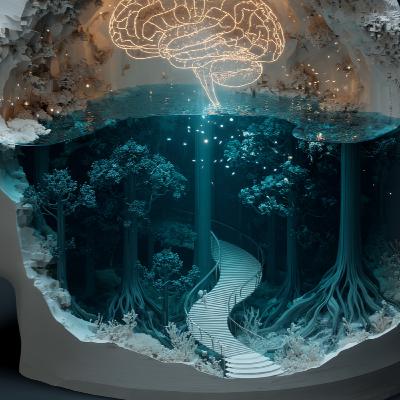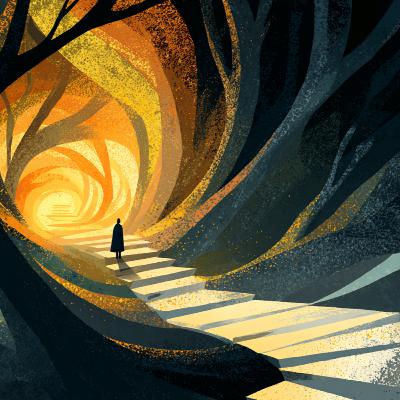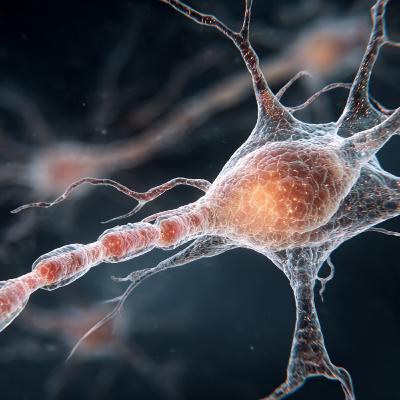Jungian Psychology and the Purposeful Affliction: Is Our Neurosis a Summons from the Self?
Description
In this podcast, we explore Carl Jung's radical perspective on neurosis. This episode discusses the idea that conditions like anxiety, depression, and phobias are not simply illnesses to be cured, but purposeful, symbolic messages from the unconscious. We will examine how Jung viewed neurosis as a "saving grace," a sign of a deep conflict between the conscious ego and the total personality, or the Self. This podcast covers the origins of this inner split, often stemming from a one-sided conscious attitude, such as over-identification with the social mask (the Persona) or repression of the Shadow. The episode also contrasts Jung's forward-looking, "constructive" approach with Freud's backward-looking, "reductive" method. Finally, this podcast will discuss how Jungian analysis uses dreams and active imagination to understand this psychic imbalance, framing neurosis as a difficult but necessary summons to the process of individuation.
























